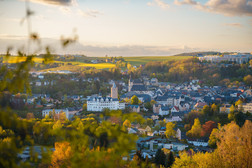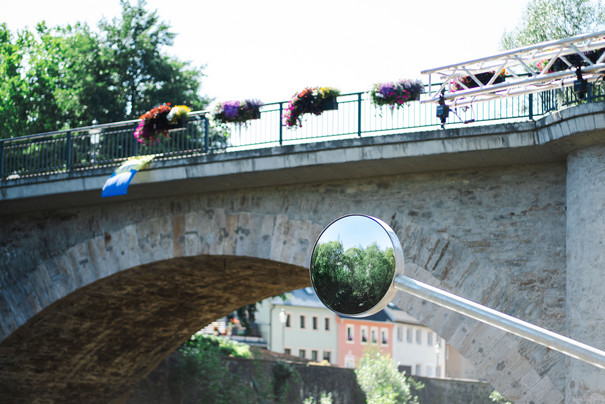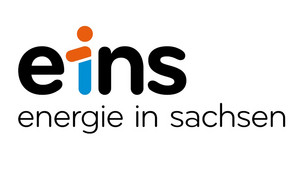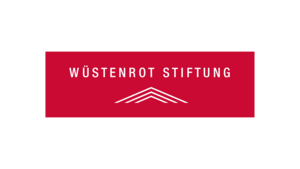The large district town of Zschopau in the Ore Mountains owes its existence to a castle that was built in the middle of the 12th century at the junction of the Zschopau river and the salt road - today known as Wildeck Castle, from whose medieval keep "Dicker Heinrich" you can enjoy a view of the town of 9,000 inhabitants and the surrounding countryside. the town around the castle was first mentioned in 1292, was granted market rights in 1451, brewing rights in 1466 and the privileges of a free mining town in 1493, but never reached the level of neighbouring towns in the Ore Mountains in terms of mining. Zschopau soon became an industrial town, whose economic importance is attested to by visits from Tsar Peter I. From the early 20th century, Zschopau became a motorbike town: from 1922, Jörgen Skafte Rasmussen, who initially produced fittings and assemblies for steam generators in his machine factory, expanded his product range to include motorbikes under the DKW brand, which were built from 1926 using the world's first motorbike assembly line and from 1928 in what was then the largest motorbike factory in the world. From 1953, production was renamed Motorradwerk Zschopau and the two-wheelers were given the brand abbreviation MZ.
In Wildeck Castle, the "Motorrad(T)räume" exhibition houses an impressive collection of fine DKW and MZ motorcycles, which showcase the town's passion for motorbikes. Not far from the castle is the Enduro Museum in the former MZ factory, which tells the story of the legendary "Rund um Zschopau" off-road race. You can also walk around the town on the Zschopau tour - and if you like longer distances, you can also tackle the 120-kilometre Zschopau valley hiking trail from here.
Michael Sailstorfer: Floating equilibrium
Art and sculpture trail PURPLE PATH
The sculpture Fließgleichgewicht by sculptor Michael Sailstorfer is inspired by the motorbike mirrors of the former MZ factory in Zschopau. The view in the mirror not only shows the current surroundings, but also plays with the retrospective view of the eventful history of trade and motorbikes. A flowing balance of past, future and present is created in the view. Michael Sailstorfer was born in Velden, Germany, in 1979. He now lives and works in Berlin, Germany











































